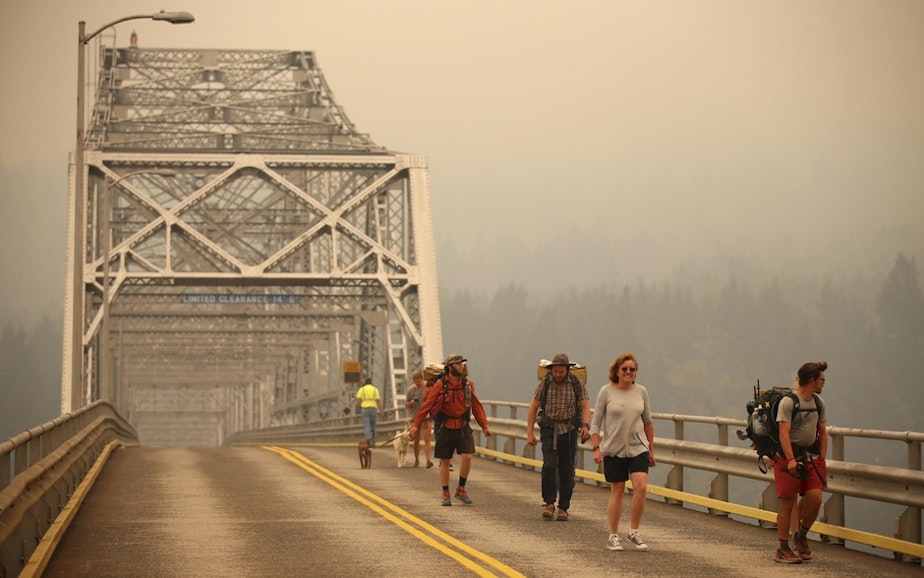Carbon tax initiative in Washington state is failing

One month after climate scientists said the world must make major changes to stave off catastrophe, Washington state voters rejected a measure to impose a fee on carbon emissions.
The ballot initiative I-1631 would have imposed a $15-per-ton fee on certain carbon emissions beginning in 2020. It would have worked out to 13 cents on a gallon of gas.
As of 8:15 p.m., 45.5 percent of voters statewide supported the measure.
This was the most expensive ballot measure fight in Washington history, with big stakes. The oil industry spent $31 million to quash the measure.
If the measure had passed, Washington state would have been the first state in the country to have a carbon tax, or fee, as supporters prefer to call it. The money would have gone to programs for clean energy, forest restoration and programs to help poor people save on their energy bills. Additional investments would have gone to communities affected by wildfire and rising sea levels.
The measure also would have cut against the federal government's attempts to undo climate policies at the state, federal and global levels.
Sponsored
In 2016, an attempt to pass a "revenue neutral" carbon tax that appealed to Republicans failed on the ballot. The measure divided environmentalists, some of whom said the measure failed to take into account the disproportionate burden of climate change on low-income communities of color.
In contrast, this year's carbon proposal grew out of a coalition of labor, social justice and environmental groups that started meeting to design a proposal after Gov. Jay Inslee first proposed a tax on carbon in 2015.
Meanwhile, the federal government has been running the other direction, trying to undo climate policies at the state, federal and global levels.
As wildfires raged up and down the West Coast, casting a smoky haze over cities this summer, Interior Secretary Ryan Zinke questioned whether climate change was a man-made problem.
“There’s no dispute that climate is changing, although it has always changed,” Zinke said. “Whether man is the direct result, how much that result is, that’s still being disputed.”




